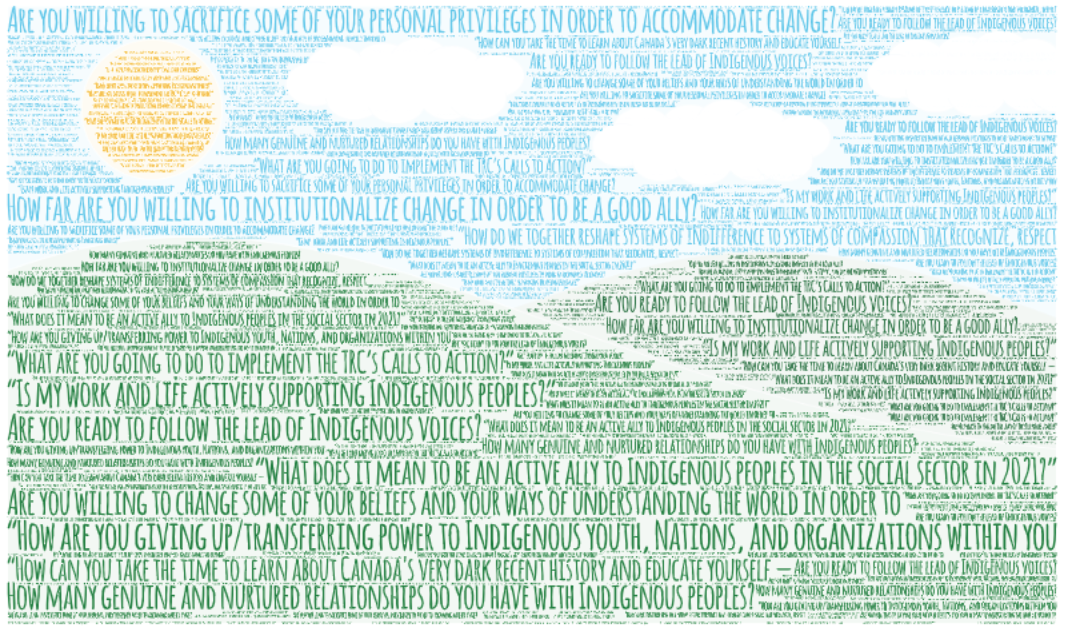
What does reconciliation look like in the social sector?
About This Special Report
Sept. 30 is the first-ever National Day for Truth and Reconciliation. Canada’s history is defined by colonial violence and oppression, and the history — and present-day — of the country’s social impact sector is not exempt. The sector’s work is shaped by this history and, if unchecked, can cause harm to Indigenous communities it works with and serves. What will it take to decolonize the social impact mindset? What practices are settlers implementing — or should they implement — to build reconciliation with Indigenous communities into the ways they work and live? Future of Good is publishing a special report to begin to answer these questions and more.
Charitable status is colonial: This organization is encouraging Canadians to give to Indigenous-led organizations without expecting a tax receipt
Canada’s very first National Day of Truth and Reconciliation was held on Sept. 30 this year. The statutory holiday is not only a reminder of Canada’s past and ongoing atrocities against First Nations, Inuit and Métis communities, but also one to act against the same. This raises the question: “How can settlers participate in meaningful philanthropy that advances reconciliation?”
Settlers, here are the questions leaders in reconciliation and decolonization want you to spend National Day for Truth and Reconciliation asking yourself
A majority of social purpose organizations are settler-led but work with and serve Indigenous people and communities every day. It’s imperative that these organizations meaningfully engage in decolonizing and embedding reconciliation principles into their work, to work with Indigenous communities in more informed and respectful ways.
